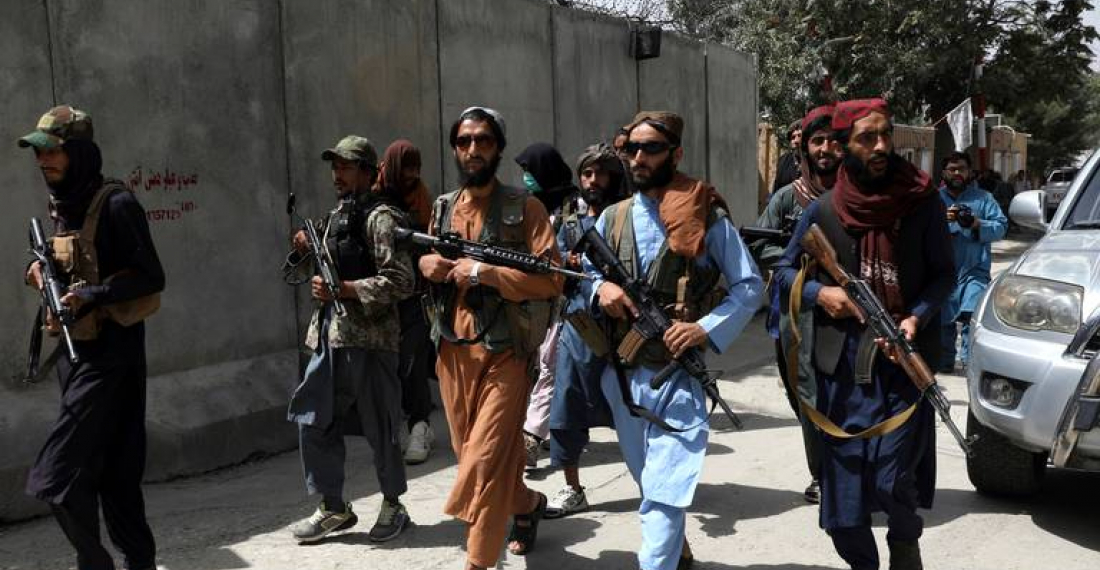The new rulers of Afghanistan have been celebrating the country's independence day.
According to Taliban spokesperson Zabiullah Mujahid the movement published a declaration marking Afghan Independence Day on Thursday (19 August). Zabiullah Mujahid in a tweet published a link to a document noting that this was the "Declaration of the Islamic Emirate of Afghanistan on the occasion of the 102nd anniversary of the country’s independence from the British rule."
"The Afghans are very proud that their country today is on the threshold of independence from American occupation. This is a divine blessing that all Afghans should be grateful for. We should work in unity and sincerity in the interests of the Islamic system in our country as well as for the sake of the nation’s reconstruction and prosperity," the document said.
Thursday marked Afghanistan's Independence Day, which commemorates the 1919 treaty that ended British rule in the central Asian nation.
"Fortunately, today we are celebrating the anniversary of independence from Britain," the Taliban said. "We at the same time as a result of our jihadi resistance forced another arrogant power of the world, the United States, to fail and retreat from our holy territory of Afghanistan".







